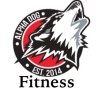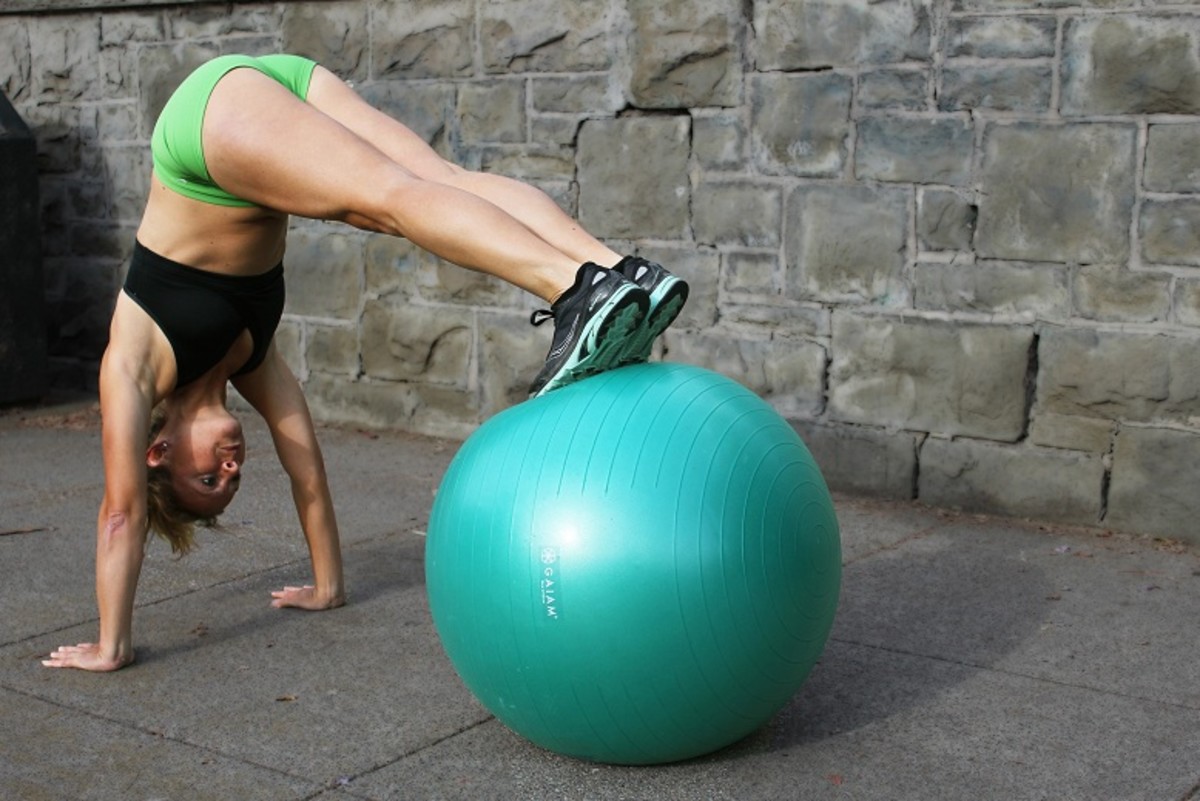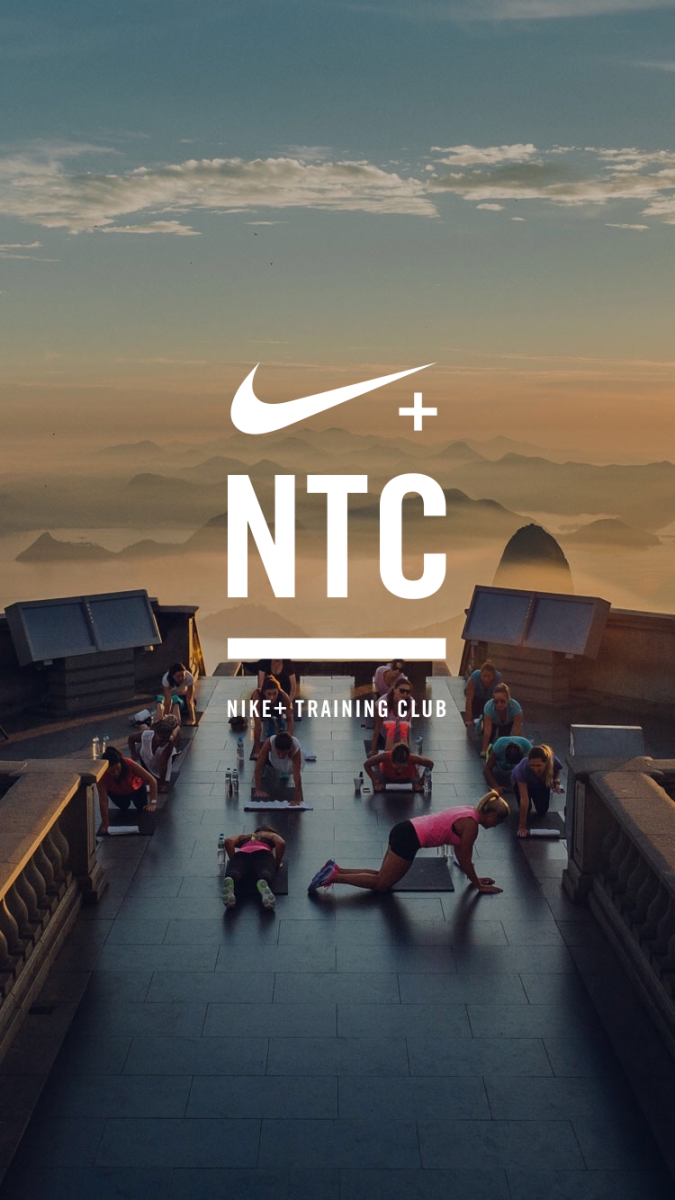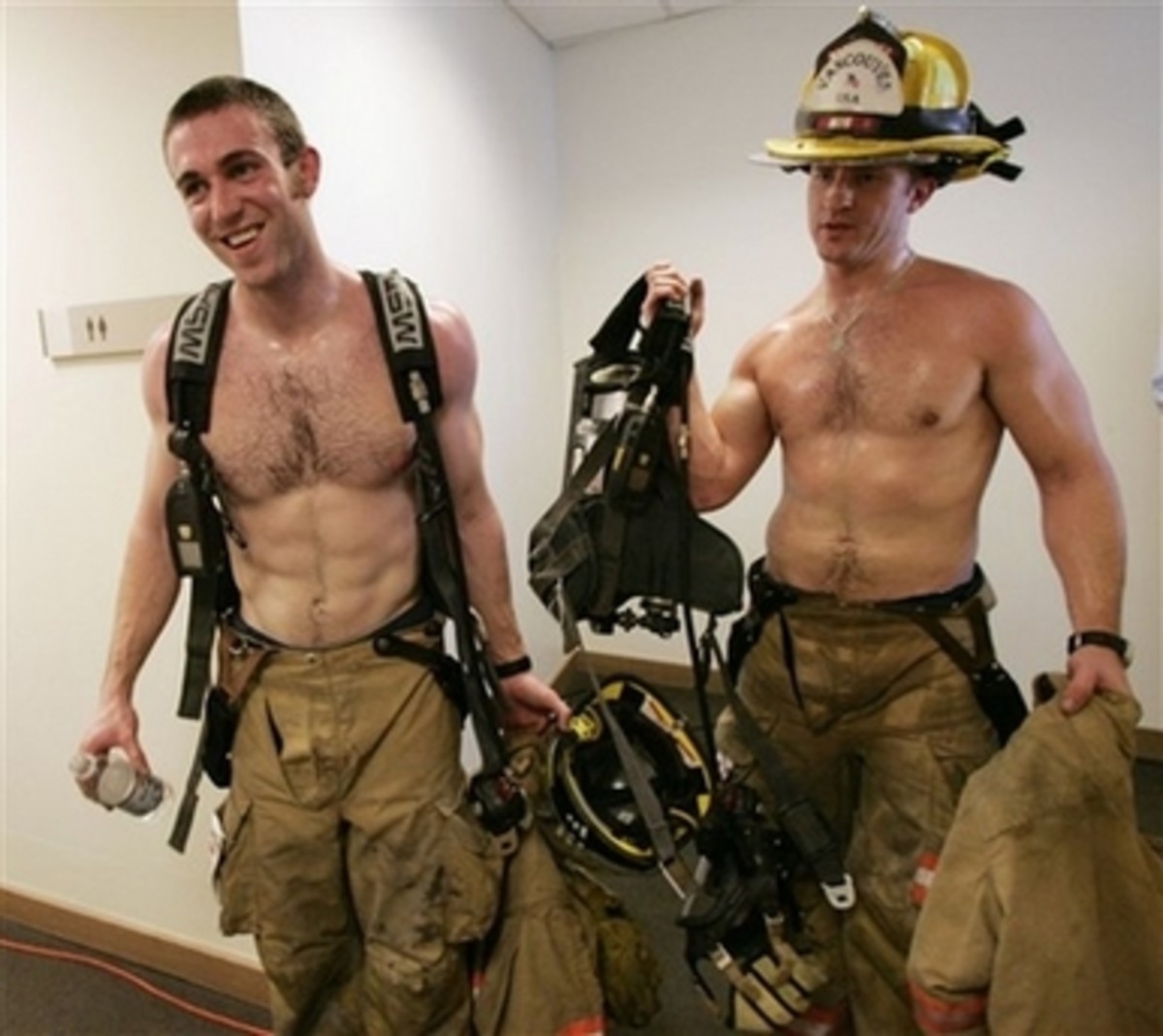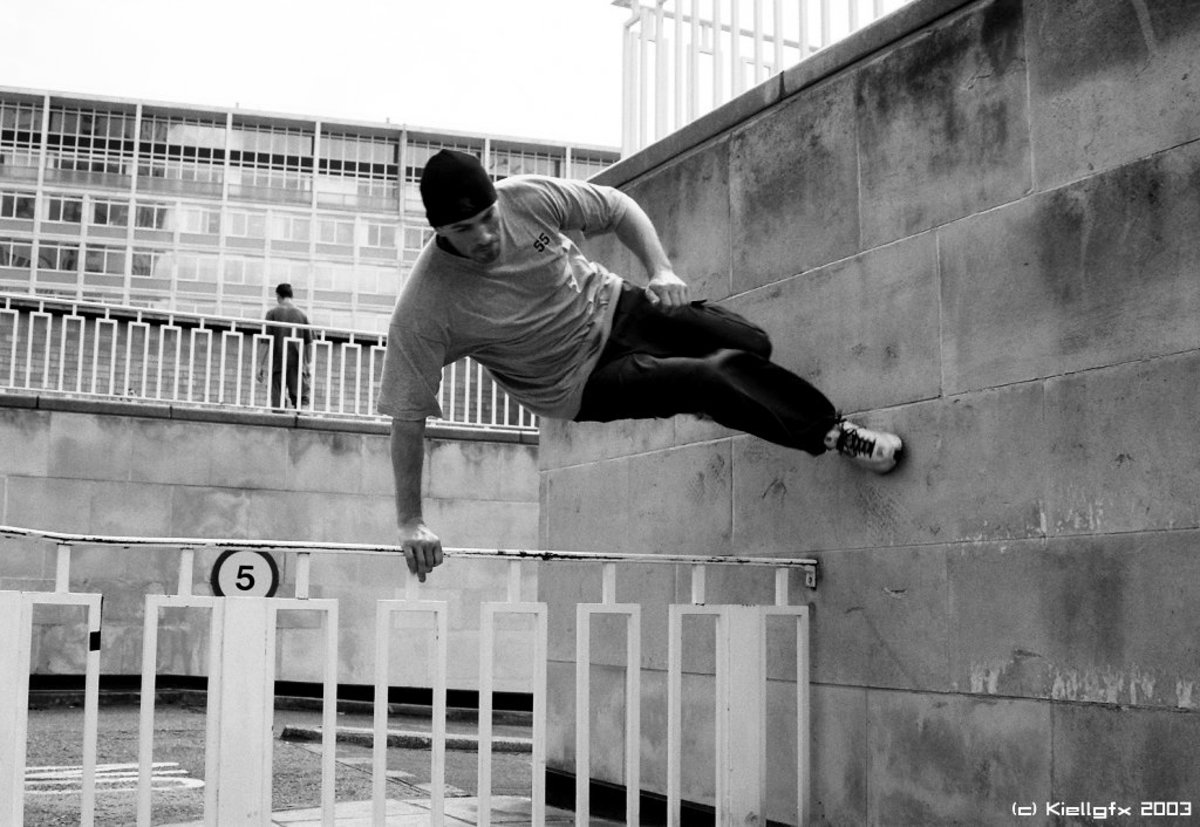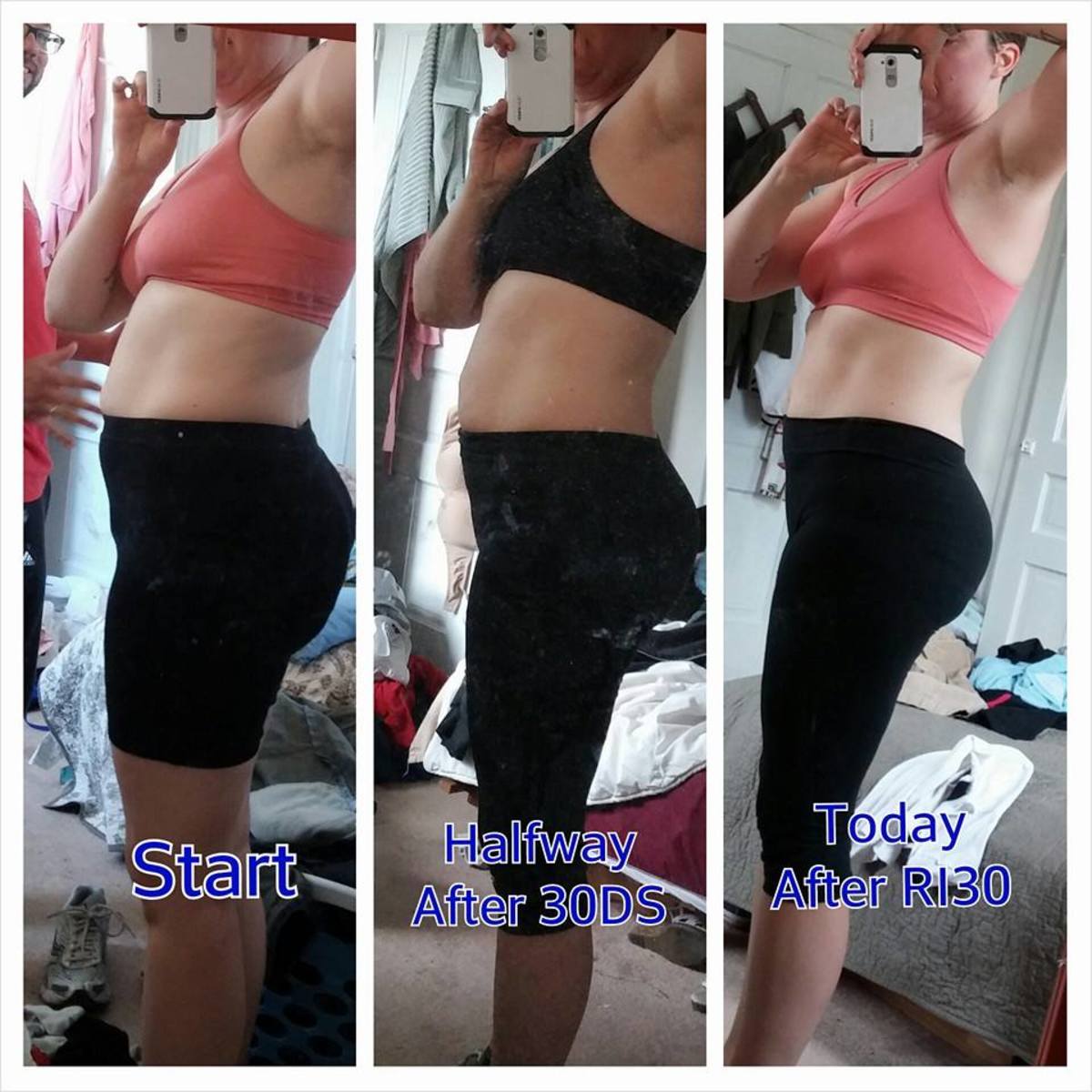The Signs of Over Training: Sometimes Less Equals More
Fatigue and Constant Sickness are Signs of Overtraining
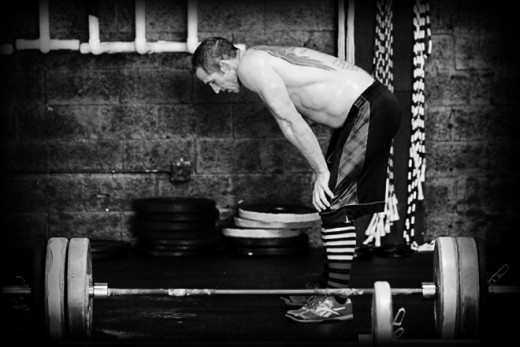
Over Training in the Gym
You walk into the gym and start your work out routine as you normally do 5 or 6 times a week, but on this particular day you just don't have the necessary energy to put in the 100% effort needed. Are you just tired from a long 8 hour work day or maybe an extra long work week? It could be stress, your dealing with multiple issues. It quite simply could be that you're over training. At times, signs of over training can go unnoticed for an extended period of time if your not paying attention to your body and at other times the symptoms can smack you in the face like a run away truck. You have heard the cliche that it's the little things that count, well that stands pat in the fitness world as well. It's the little, subtle symptoms that are the most important and you should pay attention too. The ones that you more than likely will blame on something else that's going on and affecting your life. Your body feels drained and your lacking the energy that you normally would have, but your determined to reach your goals so you ignore it and force yourself through your workouts. You put fault on your job, personal problems or stress and just come to the conclusion that you will be able to catch up on your sleep over the weekend. Then the following week you experience the same pattern and the soreness from your previous workouts are starting to last a lot longer. You associate the longer bout of soreness to your pushing yourself harder during your workouts. Then you start to get headaches on a consistent basis, you can't sleep at night and began having insomnia. Your joints and muscle pain become increasingly more common and then there is a significant decrease in your performance in the gym or you just lose your motivation to work out all together. These are all signs of over training and it's during these times you become more susceptible to injury and can stop your fitness progress dead in it's tracks.
Fatigue is a Symptom of Overtraining

Poland Spring Bottled Water
One of the many signs of over training
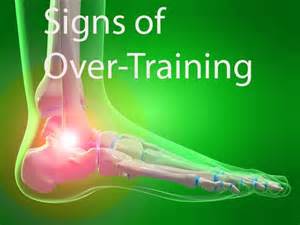
Common symptoms of over training
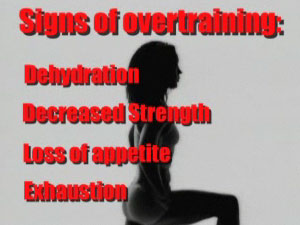
Symptoms of over training
What is "Too Long"
So how long is too long? Are you spending too much time in the gym? This is really a difficult question to answer primarily because there are so many different variable factors involved. The speed of everyone's metabolism are distinct, energy levels are different and fitness goals will also vary. If stimulants are being taken, they will affect people diversely. There are certain types of training that take longer time frames to complete than others. If your working out with a partner or multiple partners that's going to add much more additional time to your gym sessions. In theory, with all factors considered, and using an amount of weight that will allow you to progress consistently through your workout and not hamper you with extended breaks/rest periods due to pain or nausea, your workout should take approximately an hour to an hour and fifteen minutes. There will be times when it may be shorter and times when it may take a little longer. If you weight train and do cardio as well, of course your gym session is going to take a lot longer to complete. I'm not by any means saying you should be watching the clock as soon as you step into the gym, but you do need to learn your body and monitor yourself to find out what pace works best for you. Some people are just slower than others. Beginners workouts are not very complex so they usually won't take as long. My workouts usually take approximately 45 minutes to an hour. Being a true ectomorph makes it difficult to maintain mass and makes me more easily susceptible to over training. Unless you have PED's flowing through your blood stream or your some type of world class professional athlete with the best nutritional plan available, it is simply not necessary to be in the gym for 2 hours or more. When the intensity of your workouts begins to decline drastically, that's a pretty good sign that you have been in the gym a little too long.
Bob Mathews of Power1K speaks on over training
Less equals more
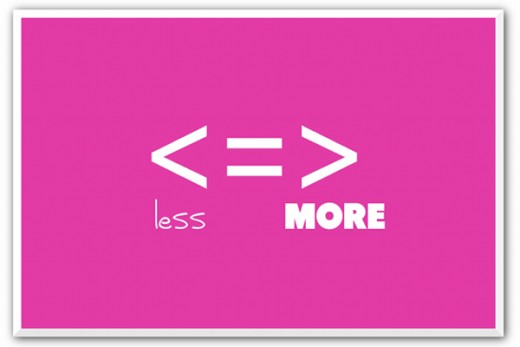
Does less equal More?
Taking a break from a regular training routine is as absolutely necessary as the training routine itself. Some research has shown that it may be more important than the actual work done of building muscle. Depending on the person (everyone is different) and the amount of time that is being taken off, the muscles may not have enough recovery time to fully recuperate to full strength. You can be burned out mentally just as well as you can physically. If your mind focused and into what your doing, you have already lost the battle. Your mind needs to relax just as well as the body does. If you get that feeling that you just do not want to be in the gym to train, it's time to take a break. Your body is replenished with food and rest/sleep. So on rest days you should do just that....rest! Activities based on rest/recovery are also an option. Getting a massage, doing yoga, chiropractic or just stretching are a few good ideas.
Over Trained Athlete

Avoid over training
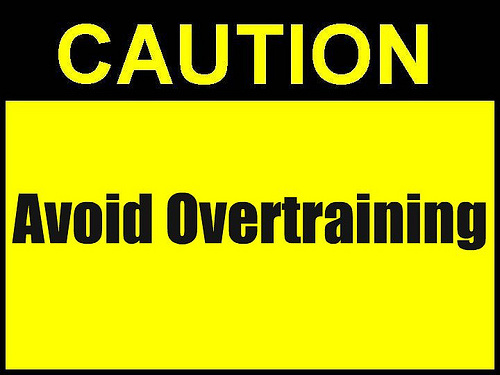
Do you suffer from over training?
Recovery
Over training is normally a lot more prominent in people who are fitness beginners or those wonderful, jovial individuals that join a gym as a new years resolution, go for the first couple of months and then stop. However, gym veterans and fitness fanatics can also suffer from it and hit a brick wall as well. You can examine yourself with a heart rate test for the existence of over training, if there are not any kind of stimulants in your system. When your tired and your pace slows down, but your resting heart rate continues to increase is a tell, tell sign or If you are familiar with Heikki Rusko, you can use his method of estimating oxygen consumption from the heart rate and heart rate variability. An unexplained loss of appetite or dehydration are also signs.The best way to recover from over training is to take time off from training to some extent or all together for a short period of time. Reducing the volume and frequency of your workouts or taking a week off will allow your body to recover when you have hit that vaunted "wall". Its relatively easy to run yourself ragged in the gym, even if you have the assistance of taking PED's (performance enhancing drugs), you are susceptible just like everyone else.
More links with information on health and fitness related issues
- Are you suffering from Muscle Atrophy?
Have you ever stopped working out for a couple of months, and when you return to the gym, you cant lift what you use too? The decrease in muscle mass and strength is atrophy.
- How to boost your body's metabolism
You use to be able to eat Mcdonald's on a regular basis and not gain any fat, now if you even smell a glazed donut, you gain 5 lbs. Raising your metabolic rate will fix this.
